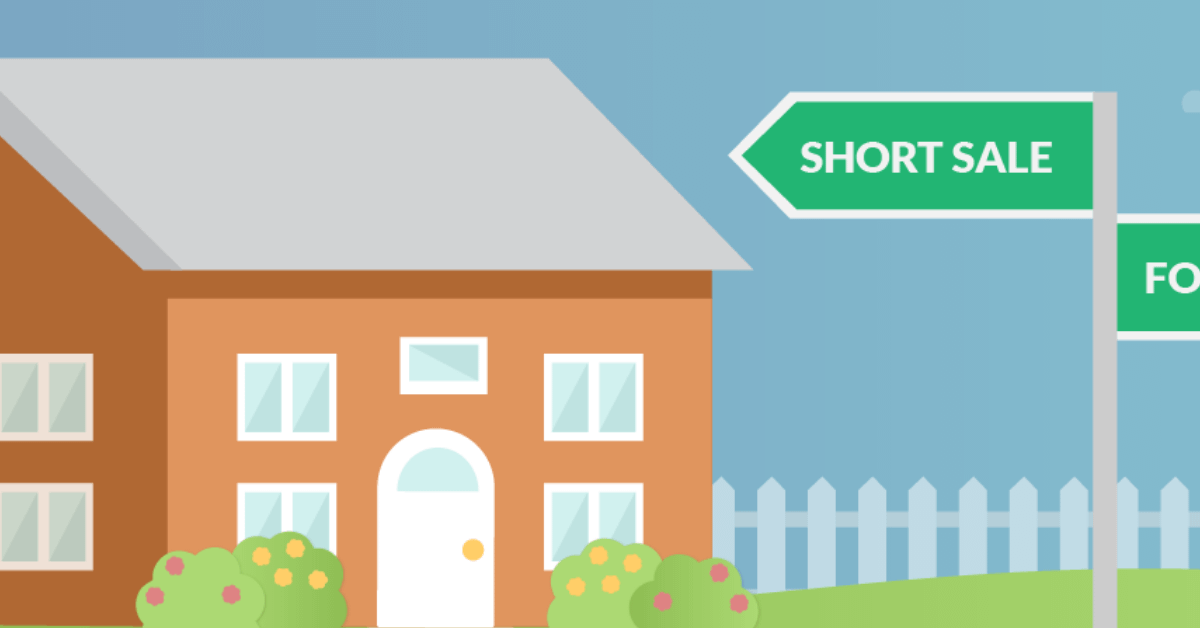What Are The Benefits of A Short Sale?
A short sale in Orlando is a real estate transaction where the sale price of a home is less than the full amount the homeowner still owes on the mortgage. Both the seller of the property and their mortgage company must agree to a short sale. Most lenders these days will agree to the terms of a short sale and also agree to release the lien they possess on the property.
Depending on what the lender agrees to, a short sale doesn’t guarantee that the borrower will be released from the obligation to pay the remaining balance on what’s owed on the loan AKA the “deficiency”.
This is why it’s extremely important that when you hire a Realtor to do your short sale, you don’t hire just any Realtor. Make sure you hire an Orlando Short Sale Specialist. This will ensure you have the best chance at success when doing your short sale.
By agreeing to do a short sale, lenders avoid a drawn-out and costly foreclosure and the homeowner can walk away free of their debt. Before deciding on a short sale, we recommend that you find out all the options that are available to you to see what works best for you.
Benefits of A Short Sale
Less Credit Damage Than Foreclosure
When you compare the impact of foreclosure vs. a short sale on your credit, a short sale harms your credit much less than a foreclosure will. For example, you’ll be eligible for either Fannie Mae or Freddie Mac home financing after only two years following your short sale. However, after a foreclosure, it will take you at least 5 years to be eligible for the same financing.
This is because of the way the mortgage underwriting rules were changed after the financial crisis of 2008.
Cash Back To Sellers
Just about all short sales in Orlando are sold “as-is” which means you won’t have to spend a dime on fixing the place up. In addition, all lender fees, commissions, property taxes, etc. on both sides of the transaction will be paid for by the lender.
In most cases, we’re able to get our clients anywhere from $3,000 to $30,000 at the closing for relocation costs

A Fresh Start
A successful short sale gives distressed homeowners a clean break from their financial hardship. Over 50% of homeowners that opted for a loan modification instead, wound up going into default again and ultimately ended up doing a short sale. Loan modifications are usually modified to benefit the bank in the long term and most of the time you still end up paying the entire amount of what you owed in the first place.
The Sale Date Can Be Negotiated
If a homeowner is in active foreclosure, the lender together with the judge will eventually schedule a sale date of the home at the hearing. You should show up for this hearing with written proof from your Orlando Realtor that you are actively pursuing a short sale on your home. Have your Realtor go with you and provide an MLS printout of the listing, contract, as well as any communications you’ve had with your lender thus far. From my experience as a short sale realtor, they will almost always push the foreclosure sale date a maximum of 120 days giving you ample time to close the transaction.
Easier To Rent A House
Foreclosures, bankruptcies, and evictions are all red flags to landlords who will probably deny you as a renter. However, while your short sale is being negotiated, you’ll have plenty of time to find a rental to move into.
Remember, landlords are creditors also and if they see that you’ve been proactive in doing the right thing in your situation rather than just letting your home gets foreclosed on your chances are much better for them to approve you for their rental.
If you or someone you know needs short sale services in Orlando FL, Call us at 407-902-7750 or visit our site. There’s never a charge for our services and most of the time we can get cashback to sellers.




